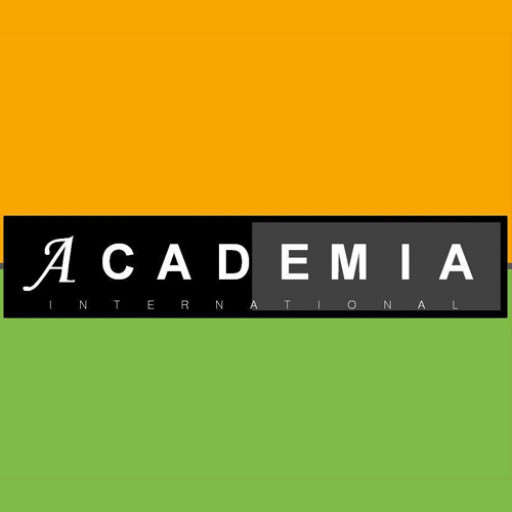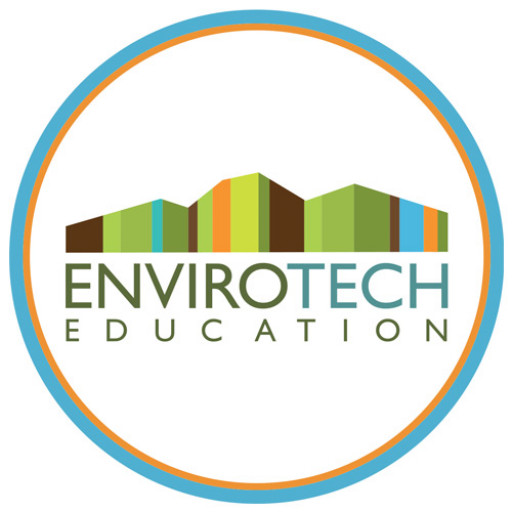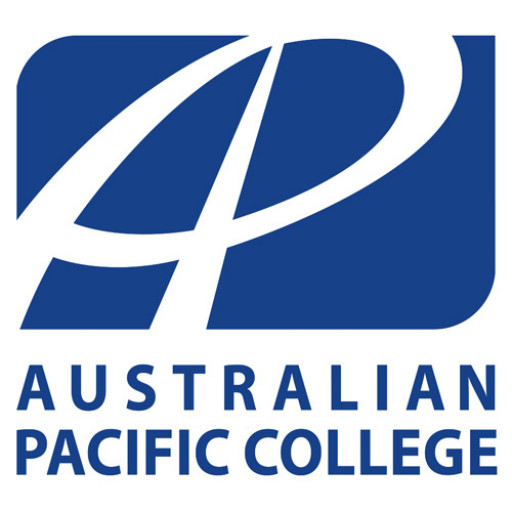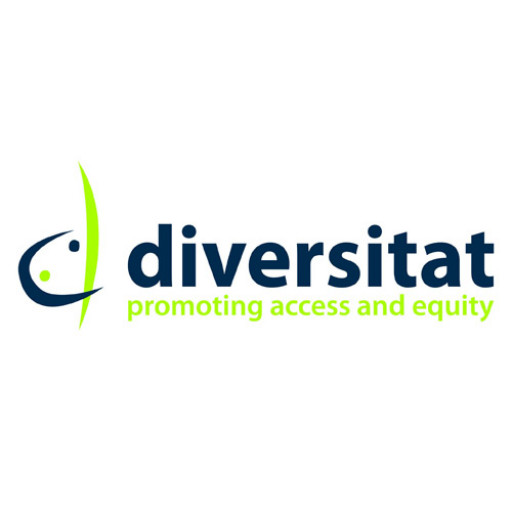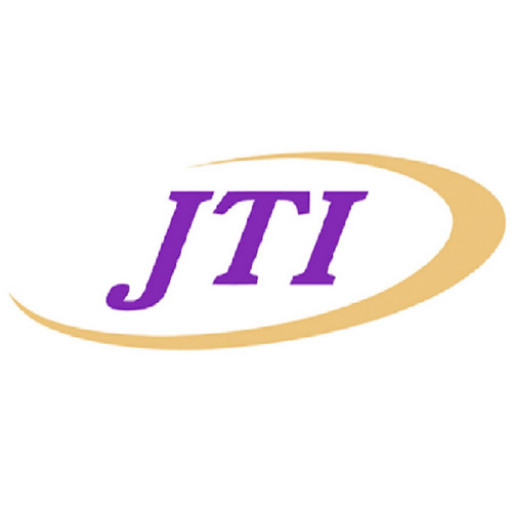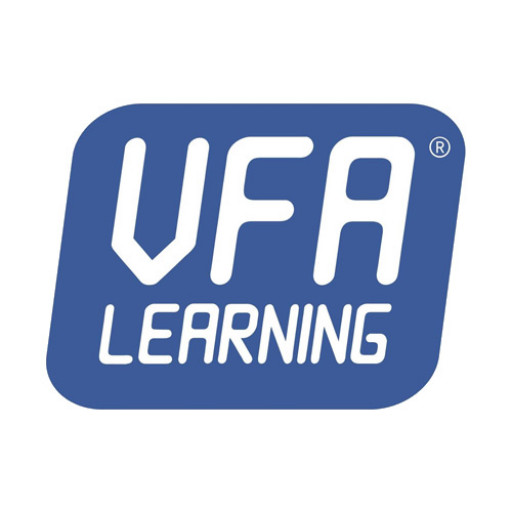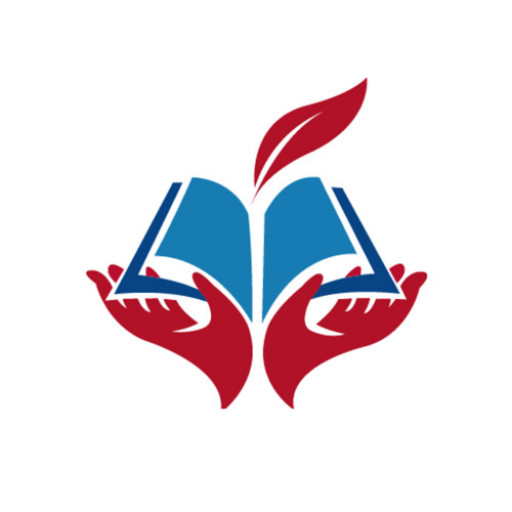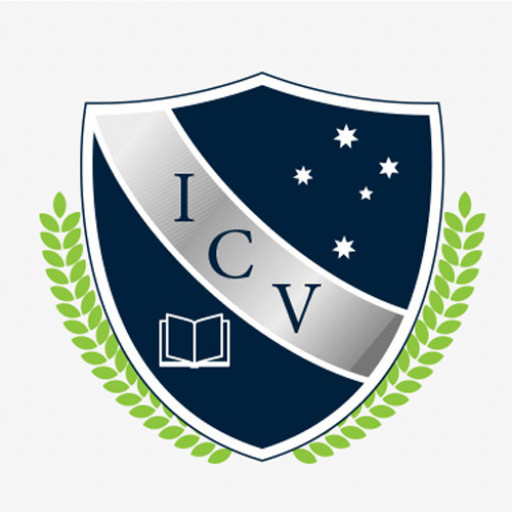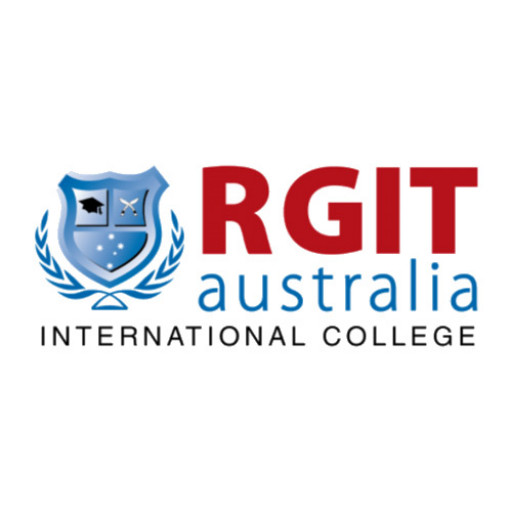The Bachelor of Early Childhood Education and Care at Academia Australia is a comprehensive undergraduate program designed to prepare students for a rewarding career in early childhood development and education. This course offers a blend of theoretical knowledge and practical skills, equipping graduates to foster positive learning environments for young children from birth to primary school age. Throughout the program, students will explore a wide range of topics including child development, pedagogy, curriculum planning, and inclusive practices, ensuring a thorough understanding of the diverse needs of children and families. The curriculum emphasizes the importance of play-based learning, social-emotional development, and family engagement, reflecting current best practices in the field.
Students will undertake extensive practical placements in early childhood settings such as preschools, long day care centers, and community-based programs, gaining invaluable hands-on experience under the supervision of experienced practitioners. These placements are integral to developing confidence and professional competence, preparing students for real-world challenges in the early childhood sector. The program also explores contemporary issues such as cultural diversity, inclusive education, and the use of technology in learning environments.
In addition to academic coursework, students will have opportunities to participate in workshops, seminars, and networking events designed to enhance their professional development. The Bachelor of Early Childhood Education and Care aims to produce graduates who are not only skilled educators but also advocates for the wellbeing and rights of young children. Upon graduation, students will be eligible for registration with relevant accrediting bodies, enabling them to work in a variety of early childhood settings across Australia. By choosing this program, students commit to making a positive impact on the lives of children and contributing to the foundational stages of lifelong learning and development.
The Bachelor of Early Childhood Education and Care program is designed to prepare students for a rewarding career in early childhood development and education. Throughout the course, students will develop comprehensive knowledge of child growth and development, early learning frameworks, and pedagogical practices that support young children’s learning and wellbeing. The program emphasizes both theoretical understanding and practical skills, ensuring graduates are well-equipped to work effectively with children, families, and communities.
Students will explore key areas such as child psychology, developmental milestones, inclusive education, and the importance of play-based learning. The curriculum includes modules on curriculum planning, assessment strategies, and creating safe, nurturing learning environments. Practical placements are integrated into the program, providing students with hands-on experience in real early childhood settings, allowing them to apply their theoretical knowledge in practice under supervision.
The course also focuses on promoting inclusive practices, cultural competence, and understanding diverse needs within early childhood contexts. Students will learn to collaborate with families and guardians, support children's social and emotional development, and promote healthy relationships and positive behavior in early learning environments.
Graduates of the program will be prepared for employment opportunities across a variety of settings, including preschools, childcare centers, and community services. They will be equipped with the skills to support early childhood development, advocate for children’s rights, and contribute positively to the educational and social outcomes of young children. Overall, the program aims to foster passionate, knowledgeable, and reflective educators who can make a significant impact in the lives of children and the broader community.
Program requirements for the Bachelor of Early Childhood Education and Care typically include successful completion of a minimum number of credits across core and elective courses, demonstration of practical teaching competencies through supervised placements, and adherence to professional standards set by accrediting bodies. Applicants are generally required to hold a completed secondary education qualification equivalent to the Australian Year 12 curriculum, with particular emphasis on literacy and numeracy skills. Some programs may also require a personal statement outlining interest in early childhood education, a recent CV demonstrating relevant experience or volunteer work with children, and proficiency in English as evidenced by standardized tests such as IELTS or TOEFL if applicable. Entrance considerations may include a background check and a clear criminal history record to ensure suitability for working with children. The program structure usually comprises coursework in developmental psychology, childhood health and safety, curriculum design, and inclusive education practices, complemented by supervised practical placements in licensed early childhood settings. Candidates are expected to pass all assessments and achieve satisfactory feedback from placement supervisors to meet graduation requirements. Furthermore, students are encouraged to participate in workshops and professional development seminars throughout the course to prepare for the diverse challenges of working with young children and their families. Prior to commencing fieldwork, students must complete mandatory training modules including first aid, CPR, and child protection protocols, often provided or facilitated by the university. Successful completion of the program enables graduates to apply for certification from relevant authorities and seek employment as early childhood educators, childcare managers, or related roles in educational policy development, community services, and early intervention programs. The institution maintains a commitment to equity and inclusion, ensuring prospective students meet minimum academic standards and possess the essential interpersonal skills required for fostering positive developmental outcomes in diverse early childhood settings.
The financing options for the Early Childhood Education and Care program are designed to accommodate a diverse range of students, ensuring accessible pathways to higher education. International students are generally required to pay full tuition fees, which vary depending on the course terminology and duration. Domestic students may have access to government-funded support, such as Commonwealth Supported Places (CSP), which significantly reduce the financial burden by subsidizing tuition costs. These supported places are allocated based on eligibility criteria including academic merit, residency status, and financial need. For students not eligible for CSP, full fee-paying options are available, with tuition fees typically billed per academic year or term.
In addition, students can explore various scholarships and financial aid programs offered through the university or external organizations. Scholarships may be awarded based on academic excellence, community involvement, or financial hardship, providing partial or full tuition coverage. Some students may also qualify for government loans or grants, such as Higher Education Loans Program (HELP), which allow repayment of tuition fees over time once the student’s income exceeds a certain threshold.
Part-time study options enable students to work concurrently with their studies, helping to offset costs. The university may also have partnerships with external employers or industry bodies offering work placements, stipends, or bursaries that provide additional financial support during the course duration. For international students, specific scholarships and limited financial aid programs are available, alongside prospective budgeting for visa application costs, health insurance, and living expenses.
Students are encouraged to carefully review the university’s financial support webpage and contact the university’s student services for personalized advice. Financial planning is an essential part of undertaking the Early Childhood Education and Care program, and prospective students should consider all available options to fund their education effectively. Overall, while costs can be significant, the range of financial aids, subsidies, and flexible study options helps make pursuing this essential qualification feasible for many students.
The Early Childhood Education and Care program at Academia Australia is designed to equip students with the essential skills and knowledge required for a successful career in early childhood development and education. The program provides a comprehensive curriculum that covers key areas such as child development, educational theories, pedagogical practices, health and safety, legislation and ethical considerations, and family engagement. Students will learn through a combination of theoretical coursework, practical placements, and innovative teaching methods to ensure they are well-prepared for working with children from diverse backgrounds.
This program emphasizes hands-on experience, encouraging students to observe and participate in real-world settings to develop their skills in classroom management, curriculum planning, and individual student support. The coursework is structured to build foundational knowledge while progressively introducing more complex concepts related to early childhood care. Students will also learn about inclusive education practices, behavioral guidance, and the importance of nutrition and health in early childhood.
Academic staff at Academia Australia are highly qualified, with backgrounds in early childhood education, psychology, and social work, ensuring that students receive expert guidance throughout their studies. The program may also include opportunities for internships or practical placements at accredited childcare centers, kindergartens, and early learning centers to foster professional development and industry connections.
Graduates of the Early Childhood Education and Care program are prepared to pursue employment in various settings such as long day care centers, preschools, community programs, and government agencies focused on child welfare. The program aims to produce competent early childhood educators who can foster safe, nurturing, and stimulating environments for children's growth and learning. Upon completion, students are typically eligible for certification or licensing requirements depending on the regional regulations governing early childhood education.
Overall, the program at Academia Australia is committed to fostering innovative teaching practices, promoting lifelong learning, and supporting the development of professionals who are dedicated to improving outcomes for young children and their families. The curriculum continually evolves to incorporate current research, technological advancements, and changing policies in the early childhood education sector, ensuring graduates are future-ready for the dynamic field of early childhood education and care.
